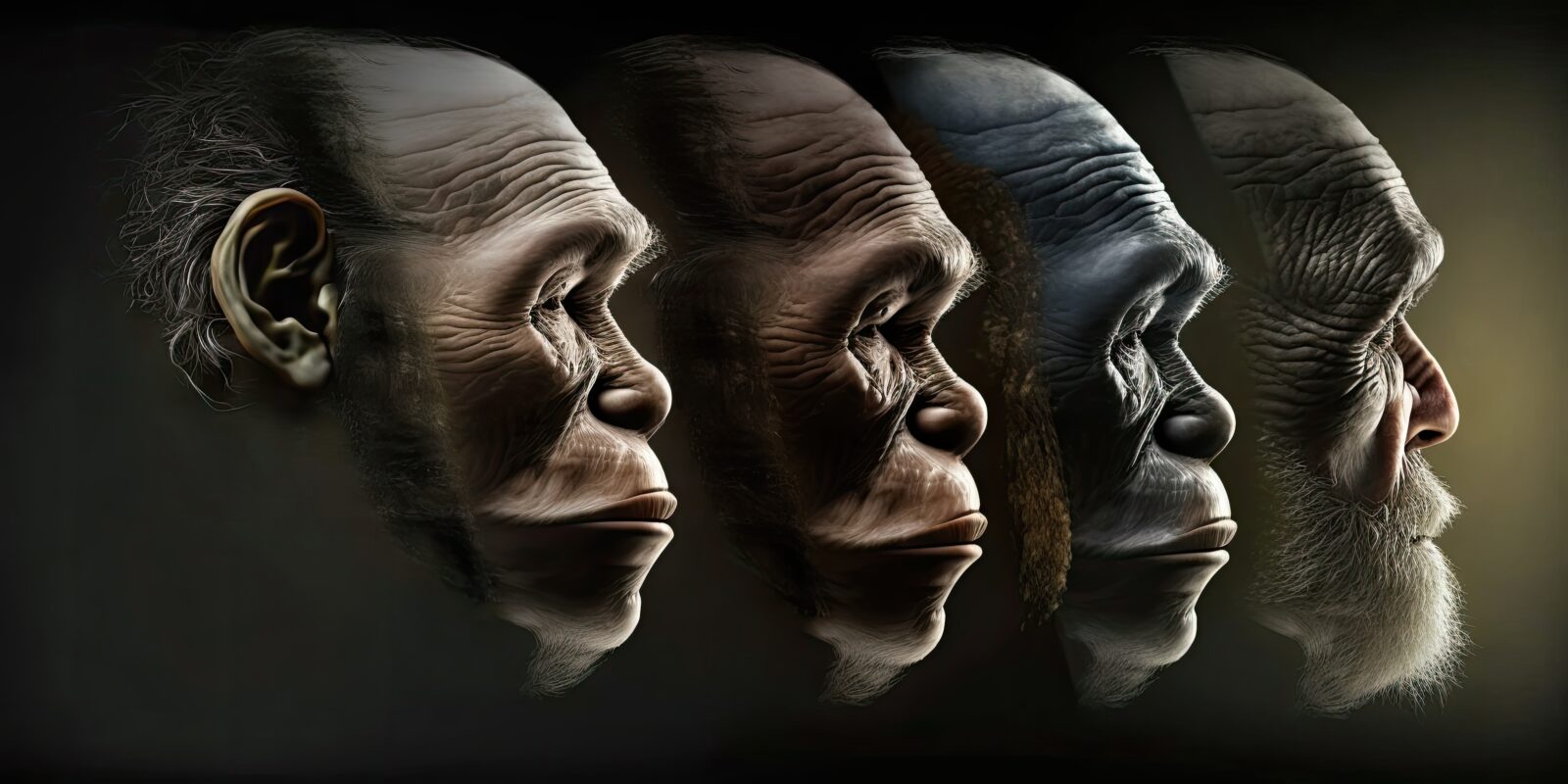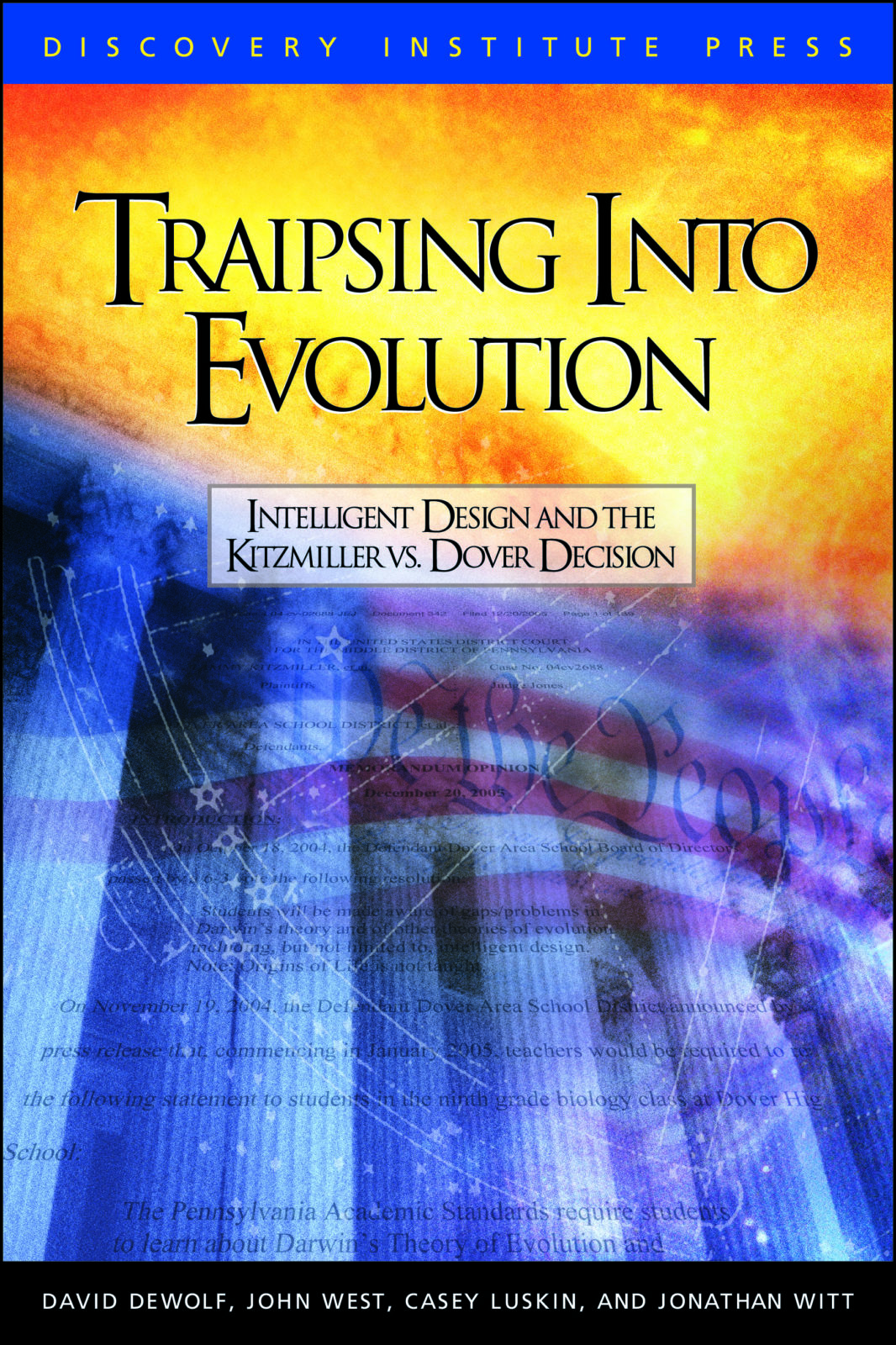Stephen Meyer Responds to Research on Irreducible Complexity
Comments from Dr. Stephen C. Meyer, director of Discovery Institute’s Center for Science & Culture in response to Science magazine’s forthcoming article “Evolution of Hormone-Receptor Complexity by Molecular Exploitation” and regarding irreducible complexity, evolution and intelligent design. The Bridgham et. al. study published in Science is trivial. ID theorists have long known that a few mutations can slightly alter an existing protein fold. Read More ›


